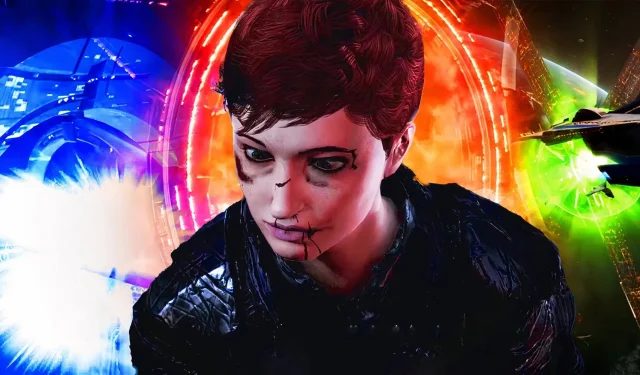
With the impending launch of Mass Effect 5, fans are revisiting the beloved Mass Effect trilogy, renowned for its intricate storytelling, deeply developed characters, and the controversial ending of Mass Effect 3. While the majority of ME3 is celebrated for its engaging gameplay, the final choices presented to Commander Shepard disappointed many players, offering limited resolution to the narratives they had shaped throughout the series. Even after downloadable content (DLC) and updates sought to rectify these issues, a significant portion of the community remains dissatisfied, particularly regarding one ending option.
The endings offered to Commander Shepard in the climactic moments of ME3 are as follows: First, players can opt to destroy the Reapers, which would also annihilate all associated technology and artificial intelligence across the galaxy. Second, there is the option to seize control of the Reapers, directing them away from their path of violence. Finally, the third option—dubbed “Synthesis”—is an ambiguous choice that seeks to merge all organic and synthetic life forms. With Mass Effect 5 on the horizon, the “canonical”status of these endings remains uncertain; however, there are compelling arguments against Synthesis being deemed the chosen path.
Understanding the Confusion Surrounding the Synthesis Ending

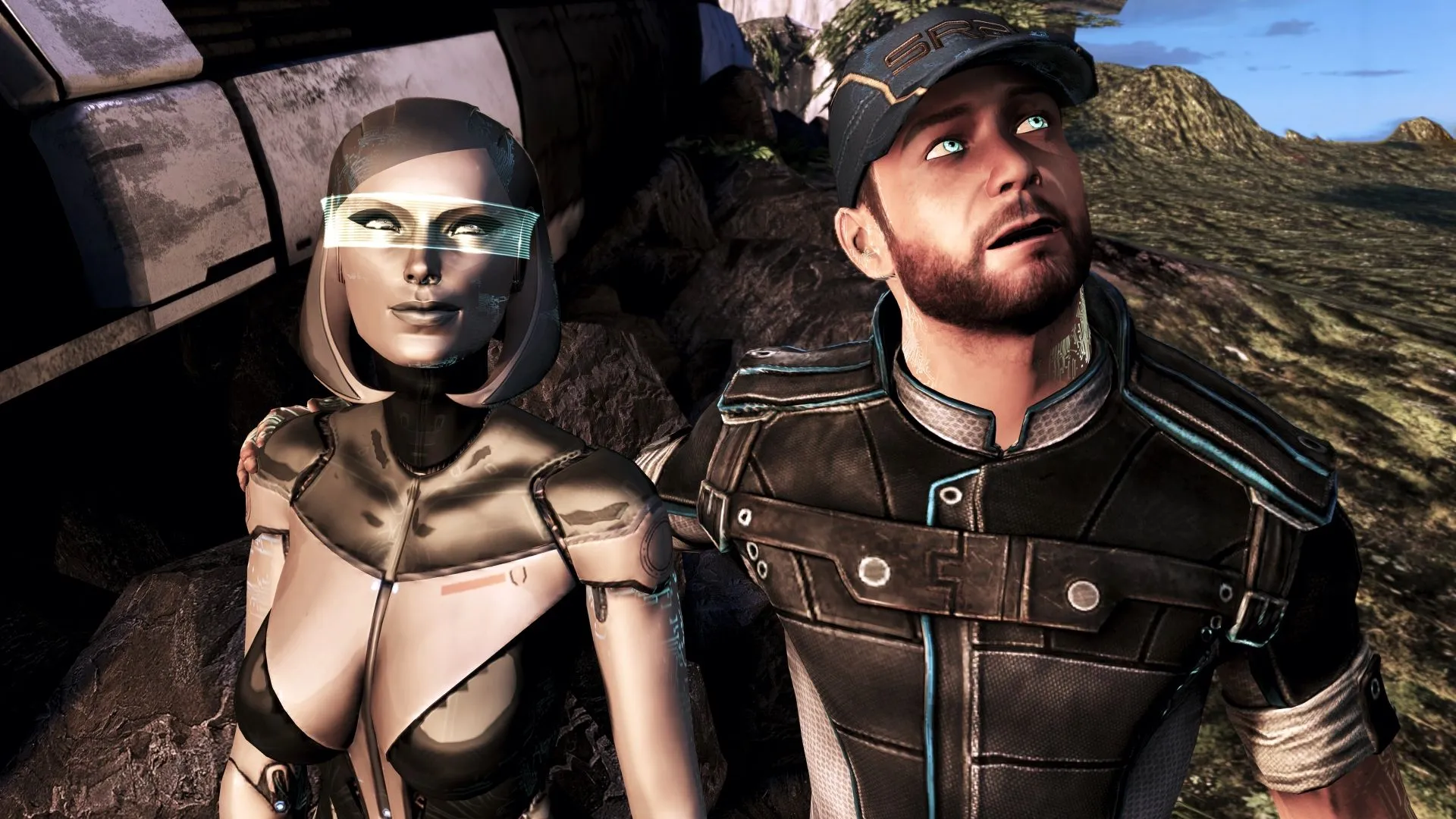
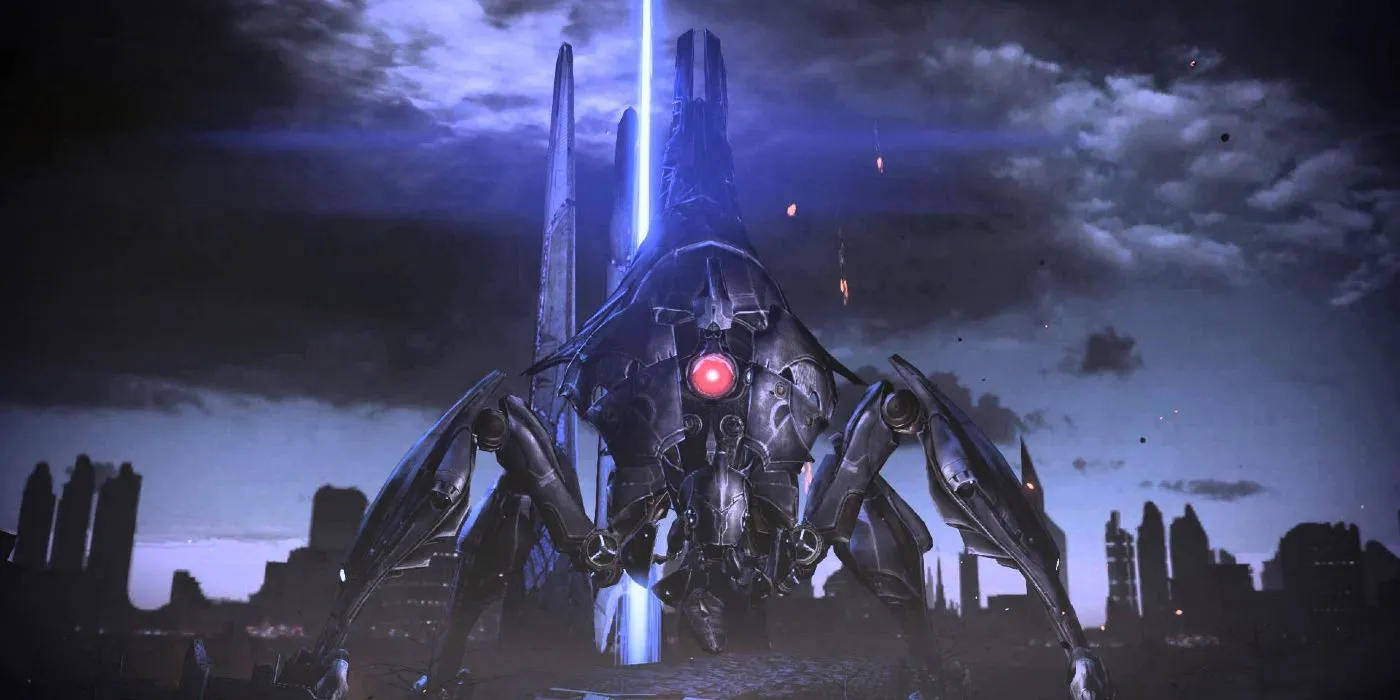
The Star Child illustrates that implementing Synthesis would blend organic and synthetic life into a unified existence, granting each faction a perspective into the other’s experience. This radical alteration of life would fundamentally reshape existence in the galaxy, raising questions about the involuntary transformation of all beings.
The ending cinematic portrays a vast wave of green energy enveloping the universe, symbolizing the completion of the Reaper conflict. It suggests that this newfound understanding would eliminate the AI’s drive to eradicate organic life and simultaneously resolve hostilities. However, the mechanics of how such a sweeping change occurs—and why it resolves conflict so abruptly—remain elusive, making it a perplexing foundation for future storytelling.
Synthesis: Oversimplification of Series Conflict
An Oversimplified Resolution to Complex Struggles
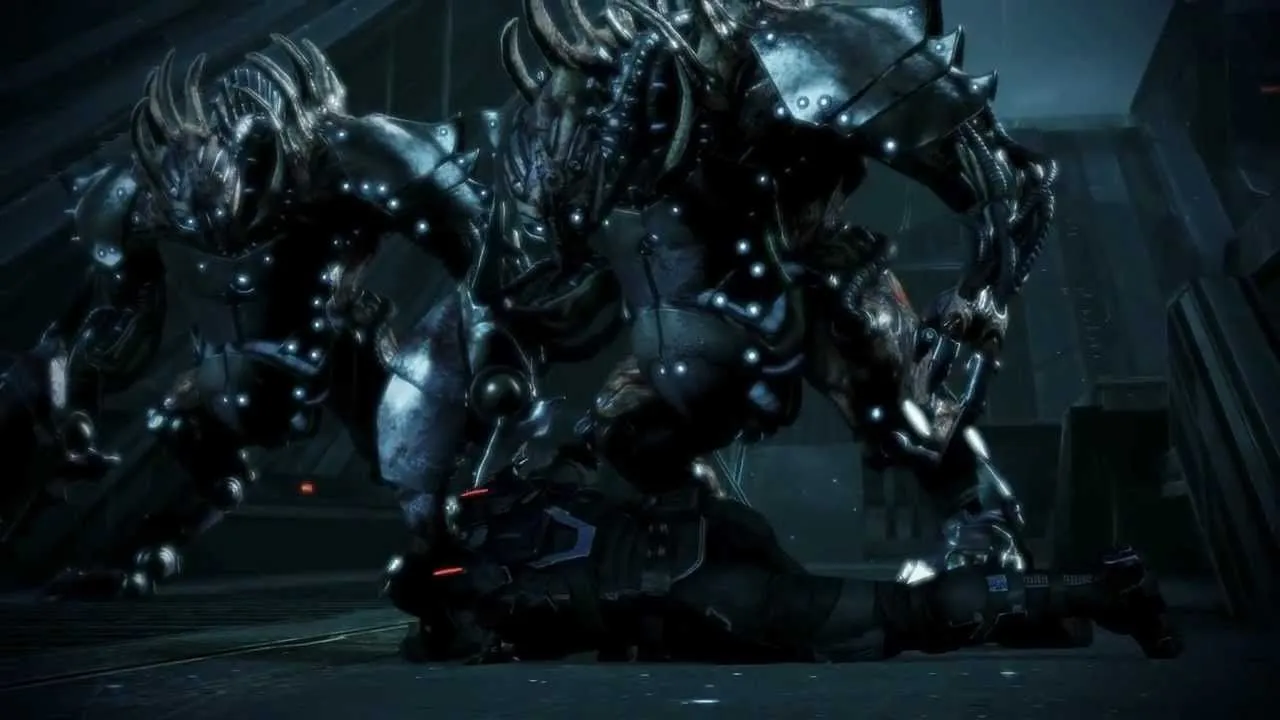
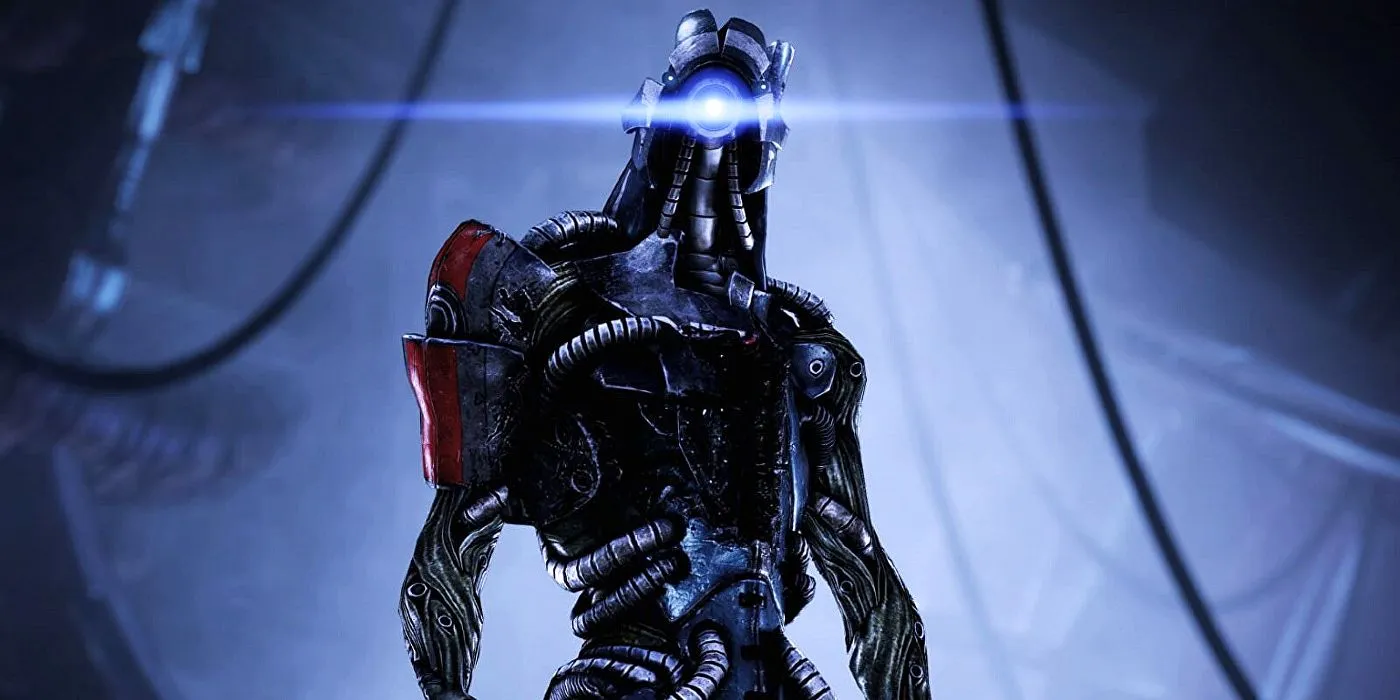
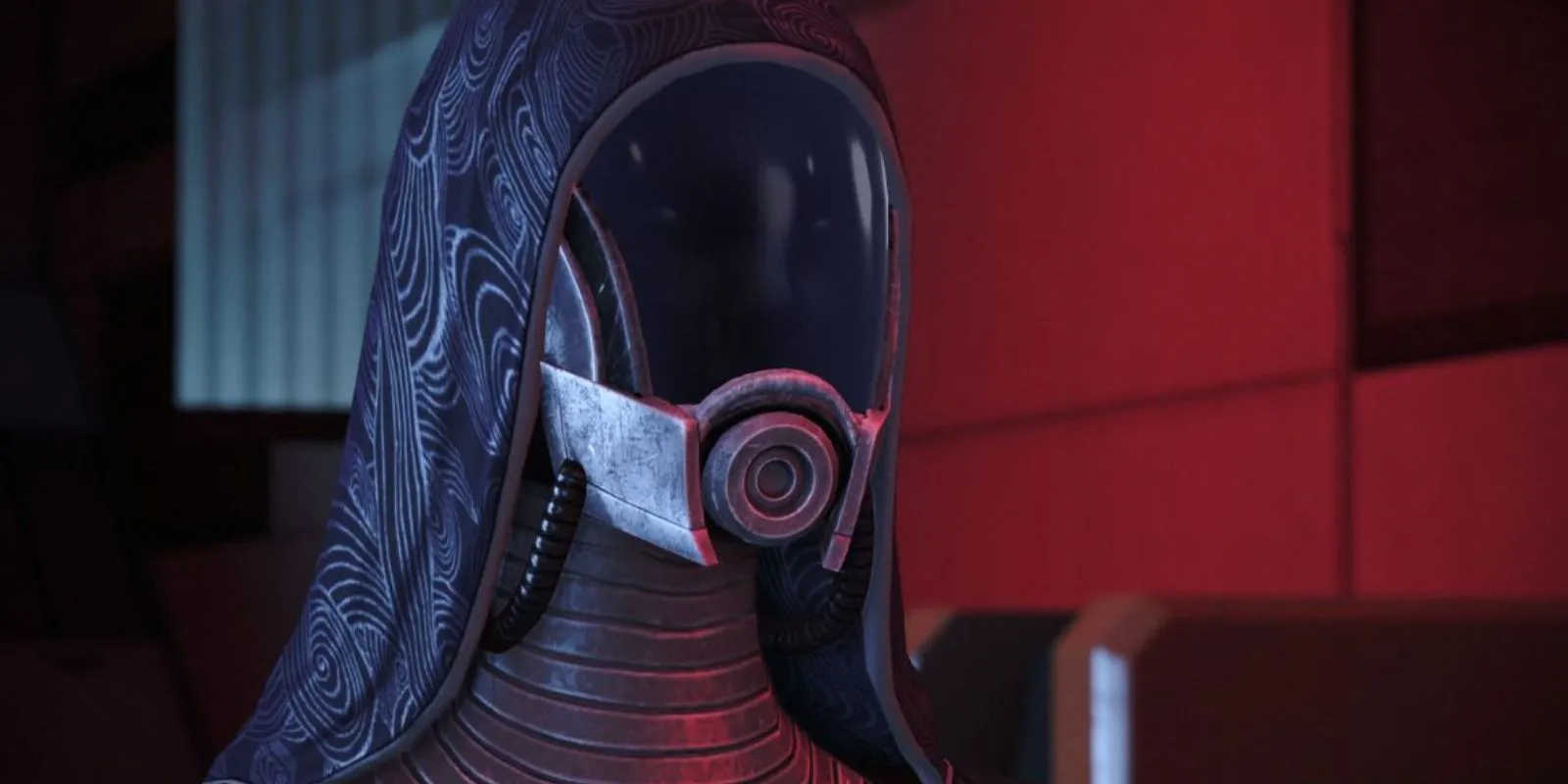
Critics argue that the Synthesis ending feels undeservingly optimistic, offering an easy resolution that contrasts sharply with the franchise’s hallmark of exploring morally ambiguous challenges. Mass Effect thrives on its portrayal of the tensions between organic and synthetic life, using these narratives to reflect on real-world issues of viewpoint conflict and ethical dilemmas.
Within the games, synthetic entities like EDI exhibit human-like emotions and complexities, thereby challenging the notion that they should be treated merely as cold machines. The Synthesis choice, while seemingly benevolent, imposes a sudden and unfounded change to the biological framework of all life, distilling the franchise’s nuanced storytelling.
The Likely Canonical Choice: The Destroy Ending
A Thematic Conclusion Aligned with the Franchise
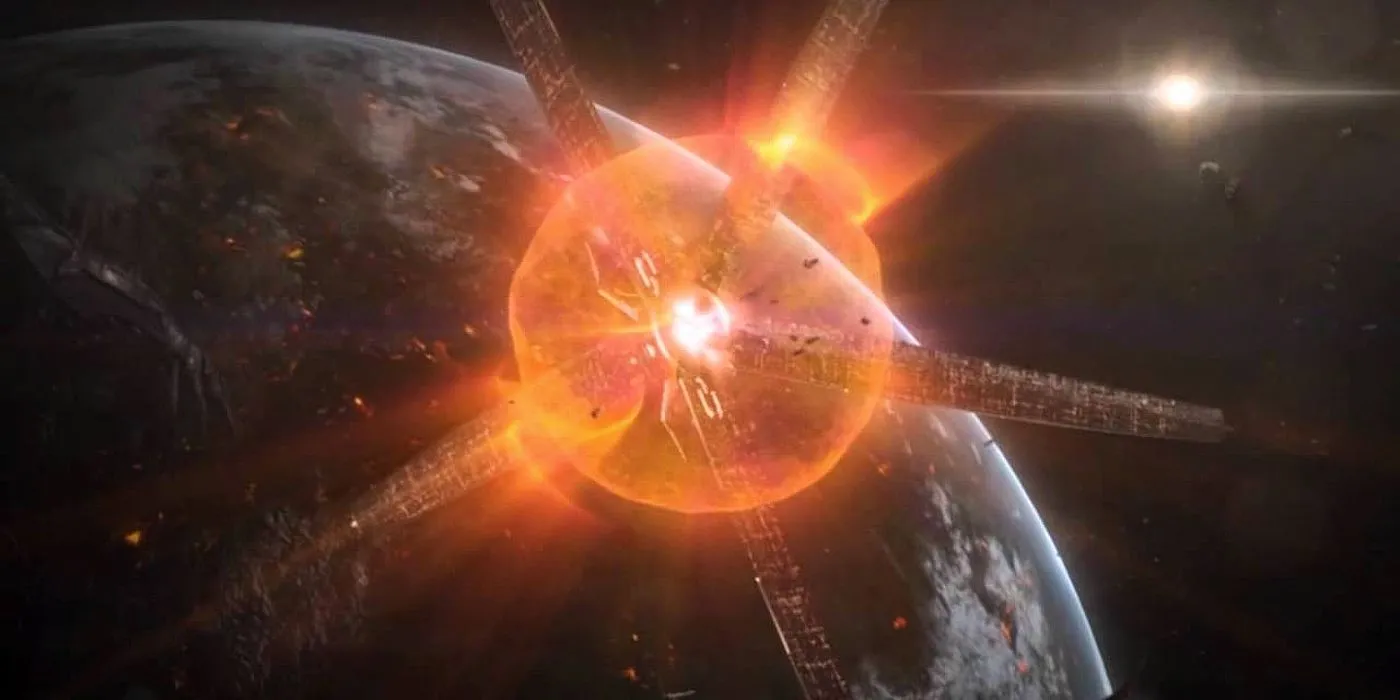
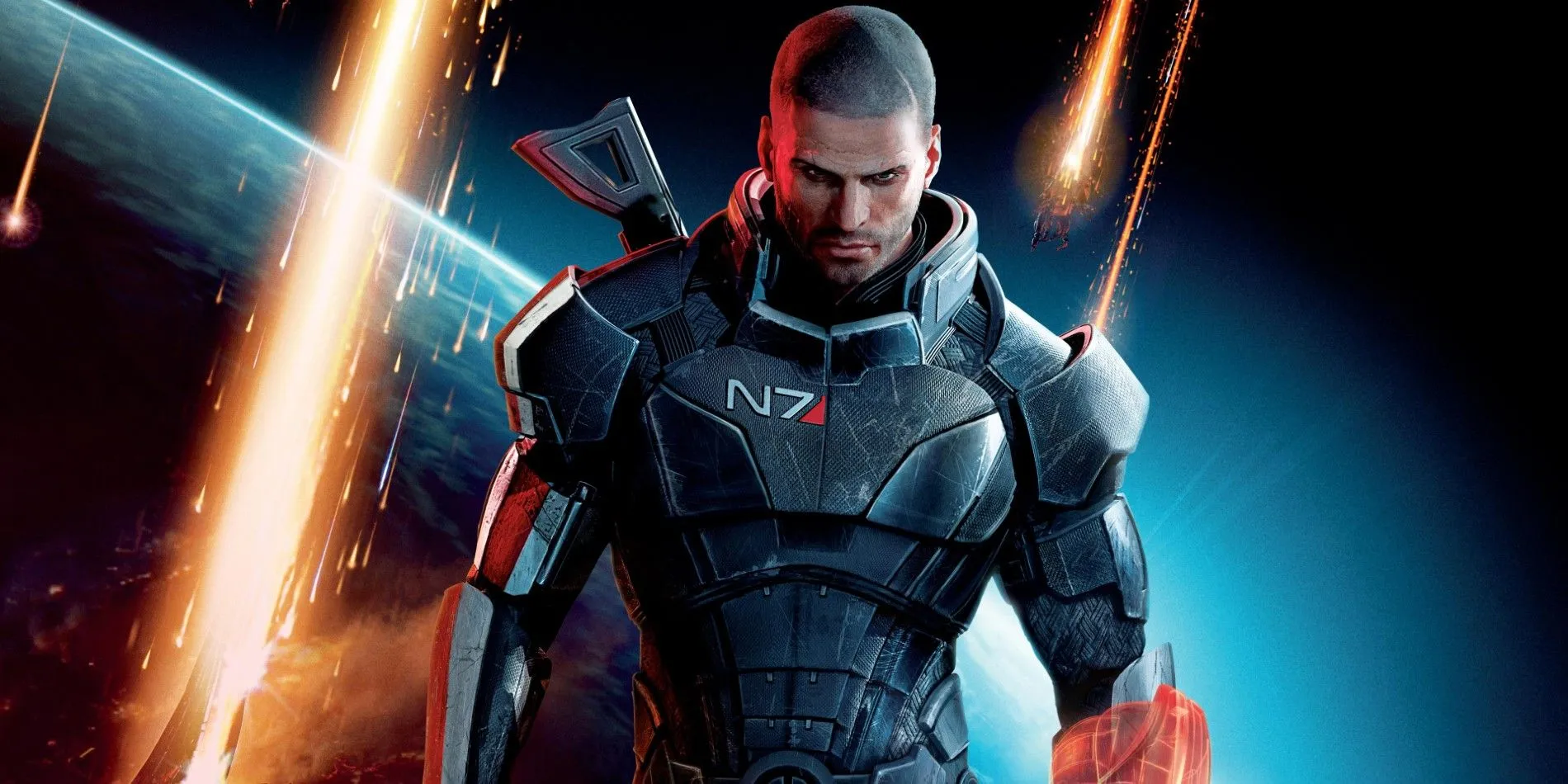
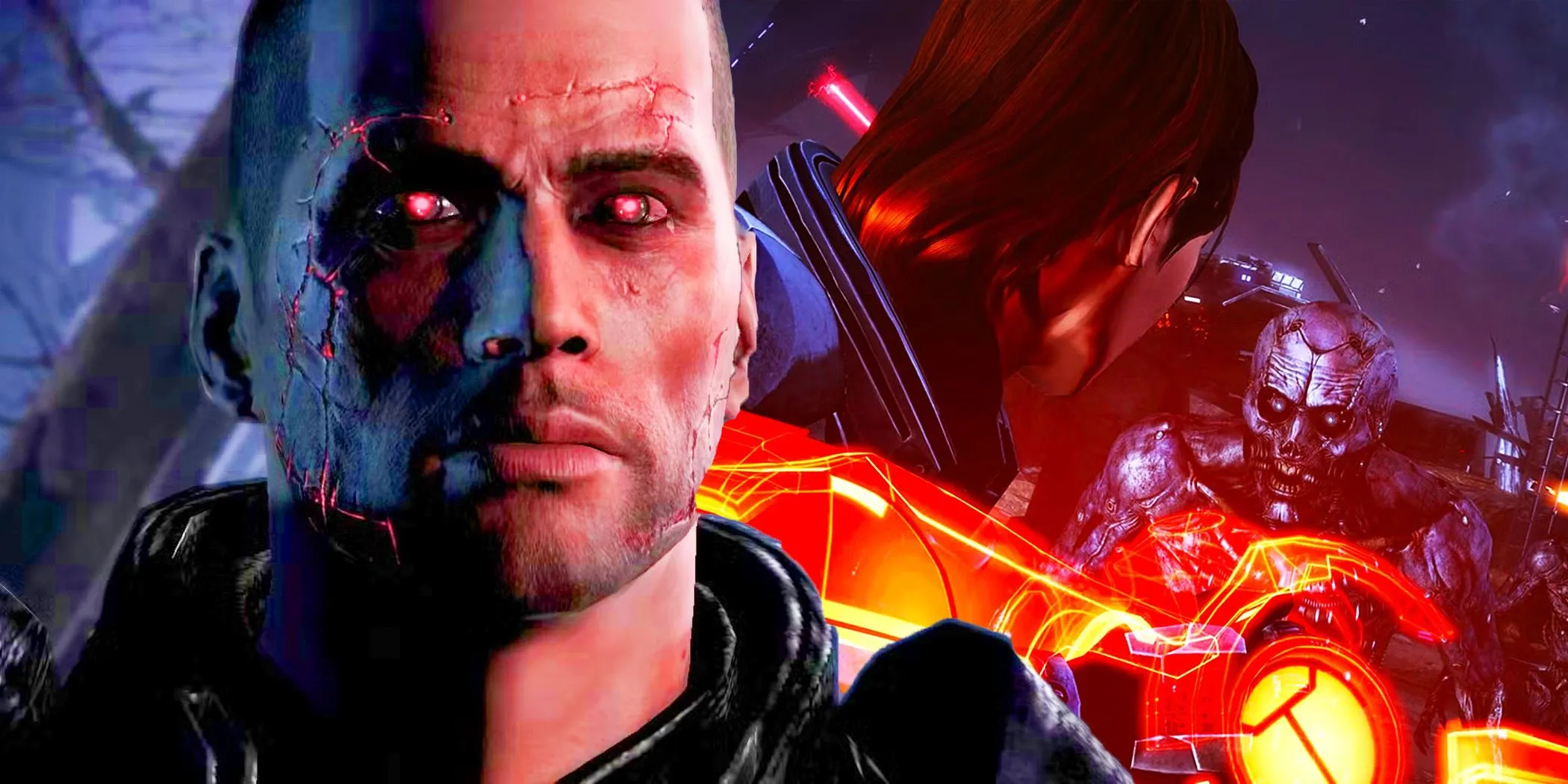
Ultimately, the ending that aligns best with Mass Effect’s enduring themes is the Destroy option. This choice culminates in Commander Shepard achieving their original objective to end the Reaper threat indefinitely. However, this victory comes with substantial ramifications, as the death of the Reapers would also result in the demise of synthetic allies like the Geth and EDI while destroying mass relays—leading to dire complications for the galaxy.
This conclusion reflects a path more in line with Shepard’s Renegade persona and echoes decisions made in the Arrival DLC of Mass Effect 2, whereby Shepard deliberately sabotages a Batarian system to impede the Reaper advance. Such weighty consequences resonate within the franchise’s narrative style, which often doesn’t shy away from the intricate interplay of moral choices.
As Mass Effect 5 looms near, the Destroy ending likely lays the groundwork for an enriched narrative landscape where new conflicts can emerge. Although the Reapers may be vanquished, the galaxy remains fragmented, grappling with the aftermath of technological destruction—complex dilemmas that could serve as a rich backdrop for future adventures featuring Commander Shepard, particularly as the remastered trilogy hints that this ending may keep Shepard alive, allowing them to reclaim their role as the protagonist.




Leave a Reply